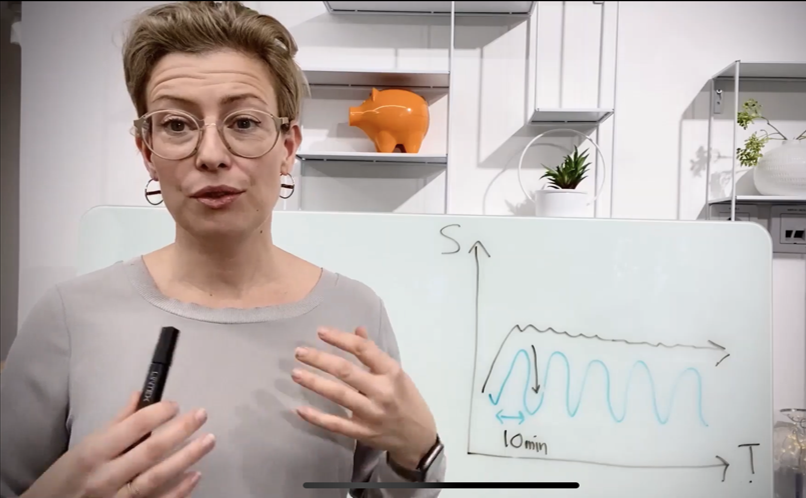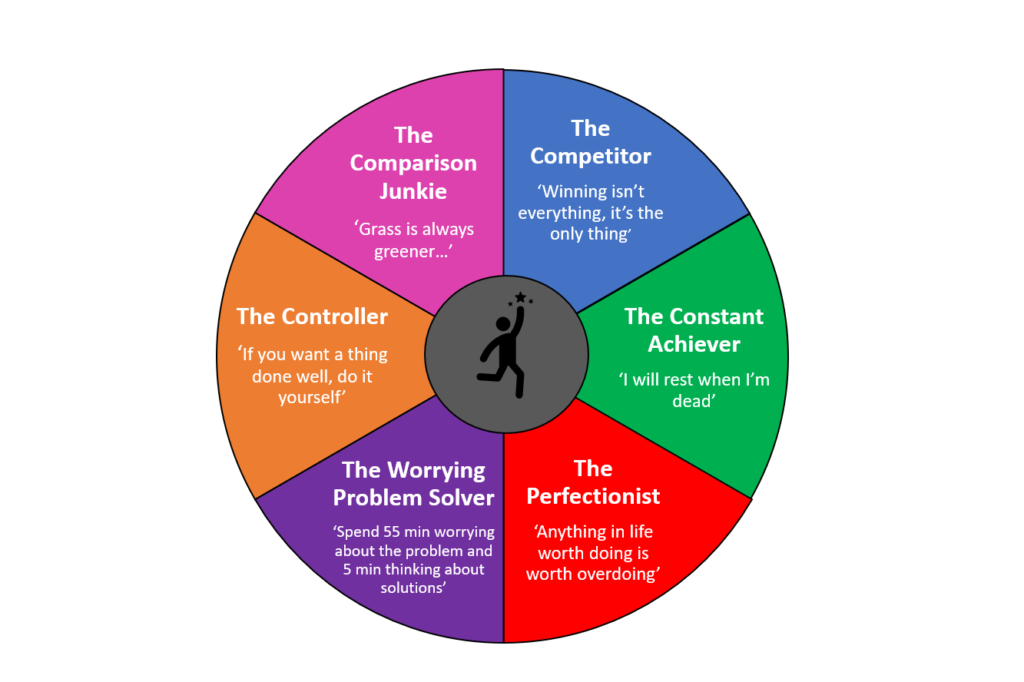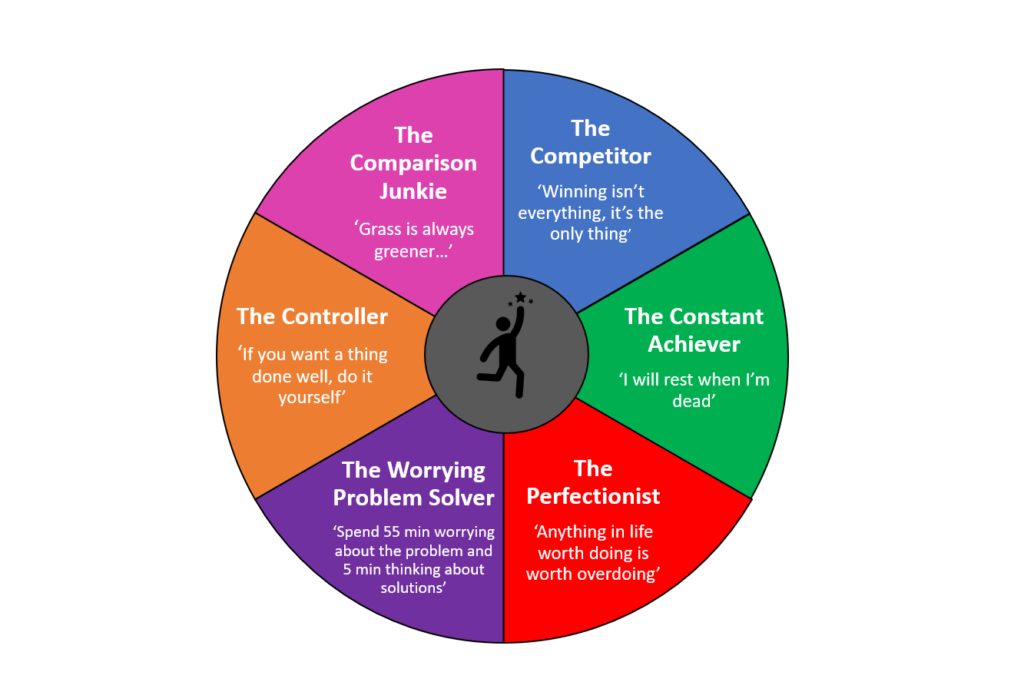Motto: ‘winning isn’t everything, it’s the only thing’.
Competitors see life as a race and always try to be just that little bit better than everyone else.
If you identify as a Competitor achievement archetype you often ignore your own basic needs such as sleep and food.
You sometimes come across as judgmental and go to extreme lengths to hide your own failures and shortcomings. You often step on people’s toes.
There is a lot of shame involved in this achievement strategy and the competitor risks ending up a lonely person. If a person hinges all their value on winning, who are they when they lose or can’t even compete anymore?
Drivers and Fears:
-
-
- The belief that the one who is best gets all the rewards
- Fear of feeling worthless
- The belief that you are only loved and accepted when you win
-
How to overcome:
-
-
- Understand your insecurities. Our insecurities fuel competitive, jealous feelings. These insecurities may have developed in our younger years because of experiences that made us feel unworthy. Reflect on or speak to a therapist about what your family motto was growing up and which events shaped you.
-
-
-
- Do a cost /benefit analysis. How are you hurting? Are you being productive, creative at work? Is your lack of vulnerability making you a bad leader/ colleague?
-
-
-
- Define your own success and standards. Instead of using others’ accomplishments as benchmarks for success, get clear on what success means to you, what your goals are and, critically, how you would like to get there? (read how many toes you are willing to step on).
-
Where do you draw the line between healthy ambition and unhealthy competitiveness?
Final archetype – The Comparer




















